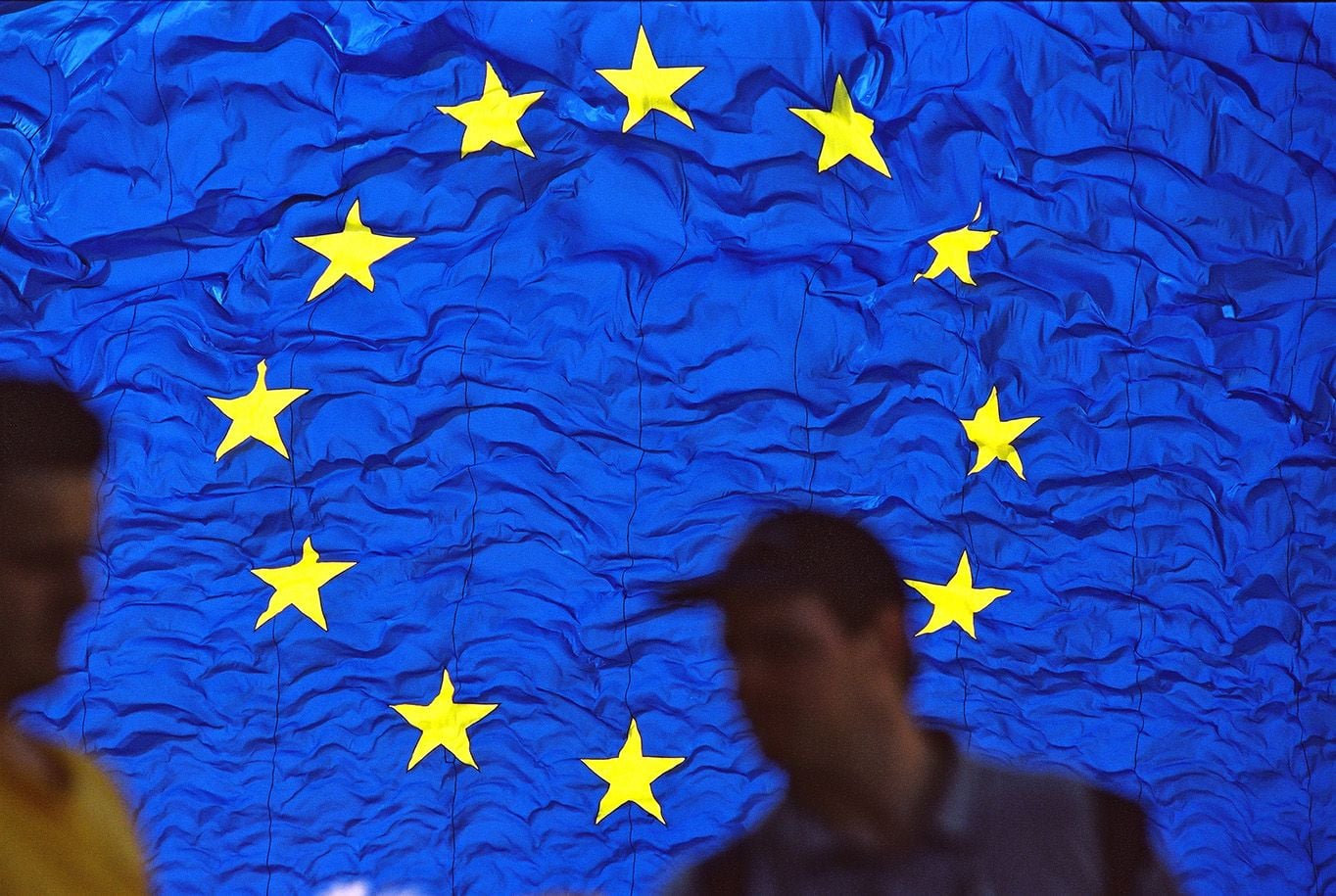Euro Could Advance on Pound Sterling if ECB Trims PEPP
- Written by: Gary Howes
- ECB to set tone for GBP/EUR
- ECB tipped to announce plans to tighten policy
- Look for PEPP to be reduced
- Any EUR strength will be capped says Barclays

Image © European Commission Audiovisual Services
- GBP/EUR reference rates at publication:
- Spot: 1.1650
- Bank transfers (indicative guide): 1.1340-1.1420
- Money transfer specialist rates (indicative): 1.1545-1.1590
- More information on securing specialist rates, here
- Set up an exchange rate alert, here
Any surprises from the ECB's policy update on Thursday could determine price action for the Pound-to-Euro exchange rate over coming days and weeks.
The Euro could see increased demand if the European Central Bank (ECB) announces it intends to begin the process of ending its extraordinary Covid crisis support programme, known as PEPP.
"Investors are wary of the ECB policy decision on Thursday, anticipating a potential trim to the PEPP bond-buying pace alongside hawkish sentiment from the ECB, which could see the Euro strengthen," says Adam Ma, an analyst at Western Union Business Solutions.
A statement will be released by the ECB at 12:45 BST while a press conference will take place at 13:30.
"Our baseline offers a fairly constructive EUR tone. With positioning and valuation models close to flat, there's room to build off recent gains," says FX strategist James Rossiter at TD Securities.
Above: Daily charts for GBP/EUR (top) and EUR/USD (bottom).
Secure a retail exchange rate that is between 3-5% stronger than offered by leading banks, learn more.
The ECB introduced PEPP in March 2020 to provide support to the Eurozone economy by purchasing both government and private sector bonds.
Ending the programme would make for a significant step towards tightening monetary policy, a process that analysts anticipate would provide some support to the Euro.
The speed of tightening also matters as a central bank that tightens at a faster pace relative to rivals would expect to see its currency outperform.
The ECB could tighten policy sooner than many expect as inflationary pressures could prove to be persistent, ECB policymaker Robert Holzmann said midweek.
In a contribution to Eurofi Magazine on Wednesday Holzmann said "there is the possibility that we may be able to normalise monetary policy sooner than most financial market experts expect."
"ECB members’ call for the beginning of policy normalisation laid bare the mispricing in OIS rates markets, which were still pricing in a probability of rate cuts," says a currency note from Barclays.
A market that enters a central bank policy decision wrong footed is one that sees the strongest reaction to the eventual outcome.
In this instance, an abandonment of expectations for future ECB rate cuts would likely boost Euro exchange rates.
Ahead of the decision the Pound-to-Euro exchange rate is quoted at 1.1646 and any 'hawkish' outcome from the ECB could see the pair extend the downtrend that has been in place since early August:
Above: GBP/EUR has been trending lower since early August.
Economists at Barclays expect the policy statement to tweak the language on "a significantly higher pace" of PEPP purchases to indicate a €10-€20BN reduction into the fourth quarter.
"While we believe the ECB will try to present the changes as a technical adjustment, the upward revisions to growth and inflation will make it hard to dispute that the distribution of policy probability has shifted clearly away from rate cuts, laying bare the mispricing in rates markets and supporting the EUR," says Barclays.
The Eurozone economy has recovered strongly over recent months as vaccinations allow for a loosening of restrictions and the return of business and consumer confidence.
"After the initial post-recession bounce, growth usually moderates. An improving economy usually brings more cost pressure and inflation as demand rises and labour markets tighten. It usually means central banks shift to tighten policy," says Andrew Sheets, Strategist at Morgan Stanley
Economist projections find the Eurozone economy is set to recover to pre-pandemic levels of GDP by the fourth quarter of 2021.
{wbamp-hide start}
{wbamp-hide end}{wbamp-show start}{wbamp-show end}
Inflation is meanwhile running well ahead of the ECB's mandated 2.0% target, although it anticipates these levels to fall back sharply in 2022.
The ECB has however said it would allow inflation to run above 2.0% for some time in order to ensure the long-term averages are closer to 2.0% following a decade of below-target inflation.
Therefore, the ECB will likely maintain an air of caution regarding the outlook to ensure interest rates and exchange rates do not endure destabilising volatility.
Ending PEPP does not mean the ECB will have ended quantitative easing altogether as its Asset Purchase Programme will continue to run, while markets only anticipate a first potential interest rate rise in 2024.
Indeed, "beyond the initial reaction, the EUR faces a slow policy normalisation path, political uncertainty and negative net issuance post QE. Any EUR rally will be capped," says Barclays.
Thus, if Barclays are correct, any weakness in the Pound-Euro exchange rate will have its limits.







